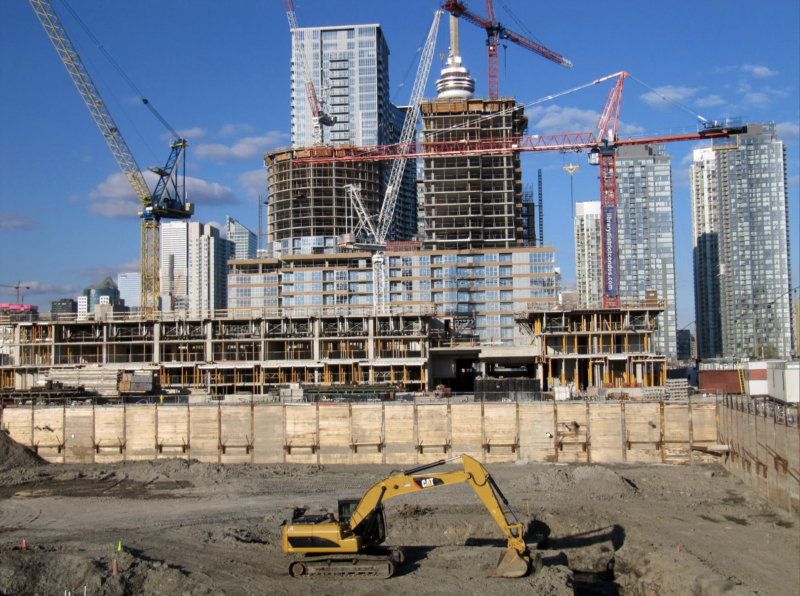
Dramatically Reducing Embodied Carbon in Europe’s Built Environment
Cities: Amsterdam, Bordeaux, Glasgow, Helsinki, Lille, Lund, Nantes, Oslo, Stockholm, Tampere, Turku, Valladolid
Years Completed: 2021-2024

Cities: Amsterdam, Bordeaux, Glasgow, Helsinki, Lille, Lund, Nantes, Oslo, Stockholm, Tampere, Turku, Valladolid
Years Completed: 2021-2024